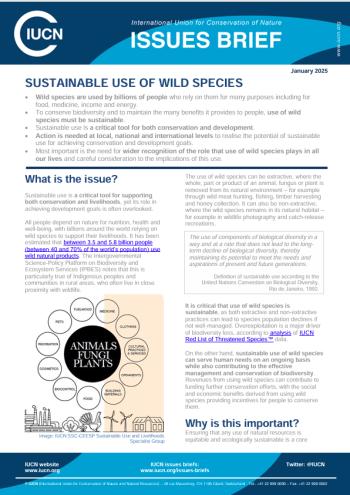

Consumer acceptance of cultured, plant-based, 3D-printed meat and fish alternatives
Novel food technologies, such as three-dimensional (3D) food printing and cellular agriculture, offer many opportunities in the field of meat and fish production, such as texture variety, food waste reduction, animal welfare, and personalised nutrition. Nevertheless, they still face resistance from consumers. Thus far, conventional meat and fish have yet to be compared simultaneously with other food alternatives. Therefore, we conducted a study to analyse the acceptance of these alternatives among Swiss consumers in terms of perceived healthiness, willingness
to buy, willingness to eat, and perceived environmental friendliness. In doing so, conventional meat and fish were compared on these four acceptance measures with 3D-printed plant-based, cultured, 3D-printed cultured, plant-based, and 3D-printed byproduct meat and fish alternatives. The results suggest that the plant-based alternatives perform best, whereas the 3D-printed byproduct meat or fish alternatives perform worst on all acceptance measures assessed. Moreover, perceptions of healthiness and environmental friendliness of the meat or fish alternatives appear to be the most important predictors of willingness to eat. These results indicate that future focus should be placed on communicating the health- and environment-related benefits of 3D food printing and cellular agriculture to facilitate their adoption.
Lanz, M., Hartmann, C., Egan, P., Siegrist, M. 2024. Consumer acceptance of cultured, plant-based, 3D-printed meat and fish alternatives. Future Foods, 9, 100297, https://doi.org/10.1016/j.fufo.2024.100297.
We support the free flow of information. Please share:
Form coming soon
Related Content
-

-

Review of African Social and Economic Development Volume 1
ByIbrahim Bàbátúndé Anobaarrow_forward2024 -

Economic Analysis: Climate Change and Wildlife Utilization on Private Land
ByJackson OtienoEdwin Muchapondwaarrow_forward2015
Get updates by email
Through impactful research, stakeholder engagement, and professional development, AWEI is supporting the wildlife economy across Africa. Please subscribe for occasional updates on our work and forthcoming events.
Sign up for a quarterly dose of AWEI insights
In a complex and changing world, AWEI generates strategic ideas, conducts independent analysis on wildlife economies, and collaborates with global scholar-practitioners to provide training and expertise for biodiversity conservation, climate resilience, and inclusive economic opportunities in Africa.
